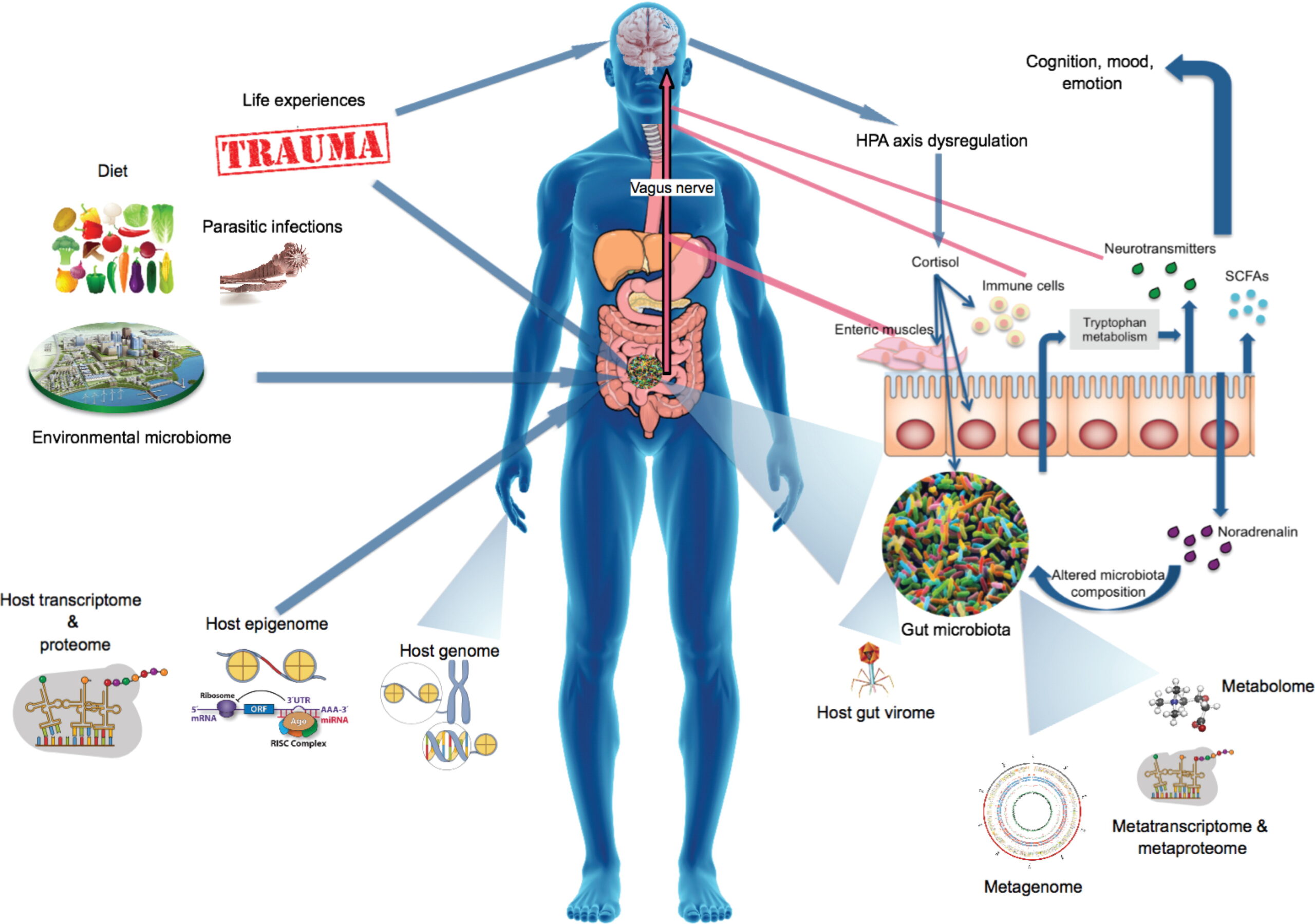Recent scientific research has unveiled compelling evidence connecting the gut microbiome—the trillions of microorganisms living in our digestive system—with mental health outcomes. This groundbreaking study sheds new light on how gut bacteria may influence conditions such as anxiety, depression, and cognitive function, opening fresh avenues for treatment and prevention.
Understanding the Gut-Brain Axis
The concept of the gut-brain axis refers to the complex communication network linking the gastrointestinal tract and the central nervous system. This bidirectional system involves neural, hormonal, and immune pathways, allowing the gut and brain to influence each other’s function.
Scientists have long suspected that gut health impacts mental well-being, but only now is the evidence becoming clearer. The latest study, published in the journal Nature Neuroscience, analyzes how specific microbial populations correlate with emotional and cognitive states.
Key Findings from the Study
Researchers examined stool samples from over 1,000 participants alongside detailed psychological assessments. Their analysis revealed that individuals with higher levels of certain beneficial bacteria, such as Lactobacillus and Bifidobacterium, exhibited lower rates of anxiety and depressive symptoms.
Conversely, the presence of pro-inflammatory bacteria was associated with worsened mental health scores. The study also identified several gut-derived metabolites—chemical compounds produced by bacteria—that appear to affect brain function by modulating neurotransmitters like serotonin and gamma-aminobutyric acid (GABA).
Implications for Mental Health Treatment
These findings offer promising new targets for mental health interventions. Modulating the gut microbiome through diet, probiotics, or fecal microbiota transplantation could become viable strategies to complement traditional therapies.
Dr. Maria Lopez, lead author and microbiologist at the University of California, stated, “Our study confirms that gut bacteria are not just passive residents but active participants in regulating mood and cognition. This opens exciting possibilities for personalized treatments that address the root causes of mental disorders.”
The Role of Diet and Lifestyle
Nutrition plays a vital role in influencing the composition and health of the gut microbiome. Diets rich in fiber, fermented foods, and prebiotics foster beneficial bacterial growth, while high-fat, high-sugar diets may promote harmful microbes linked to inflammation.
Lifestyle factors like stress, sleep quality, and exercise also influence gut health, further underscoring the holistic nature of mental wellness.
Challenges and Future Directions
While the study marks a significant advance, researchers caution that the gut-brain relationship is highly complex. More research is needed to determine causality, optimal microbial compositions, and the long-term effects of microbiome-based treatments.
Moreover, individual differences in genetics and environment mean that a one-size-fits-all approach is unlikely. Future efforts will focus on precision medicine to tailor microbiome interventions to individual needs.
Public Awareness and Mental Health
The study highlights the importance of considering gut health in mental wellness discussions. Public health campaigns may soon incorporate microbiome education, encouraging people to adopt gut-friendly habits as part of mental health maintenance.
Mental health professionals are also beginning to collaborate with nutritionists and microbiologists to develop integrated care models, reflecting a shift towards more interdisciplinary approaches.
Conclusion
The identification of significant connections between the gut microbiome and mental health is transforming how we perceive the relationship between the mind and body. As research progresses, gut-focused therapies hold immense promise for improving the lives of millions struggling with anxiety, depression, and other mental health challenges.
This emerging field invites us to rethink mental health treatment—recognizing that a healthy gut could be key to a healthy mind.




